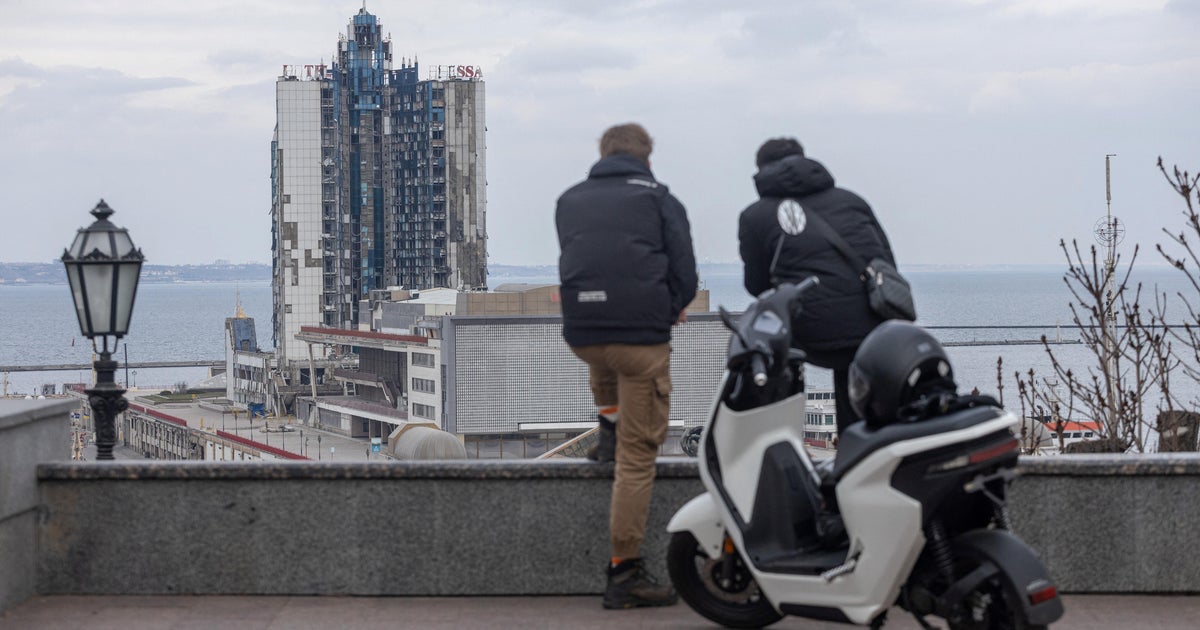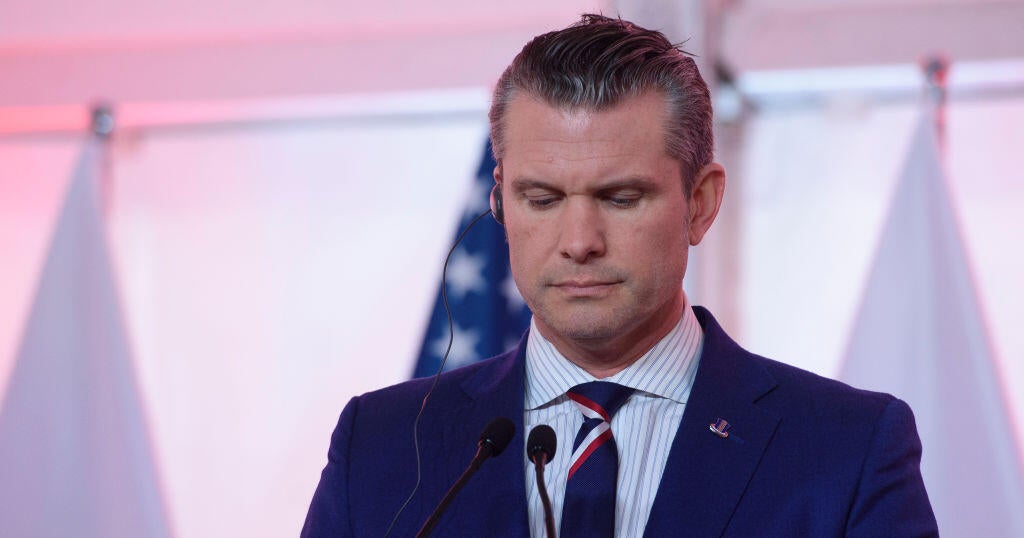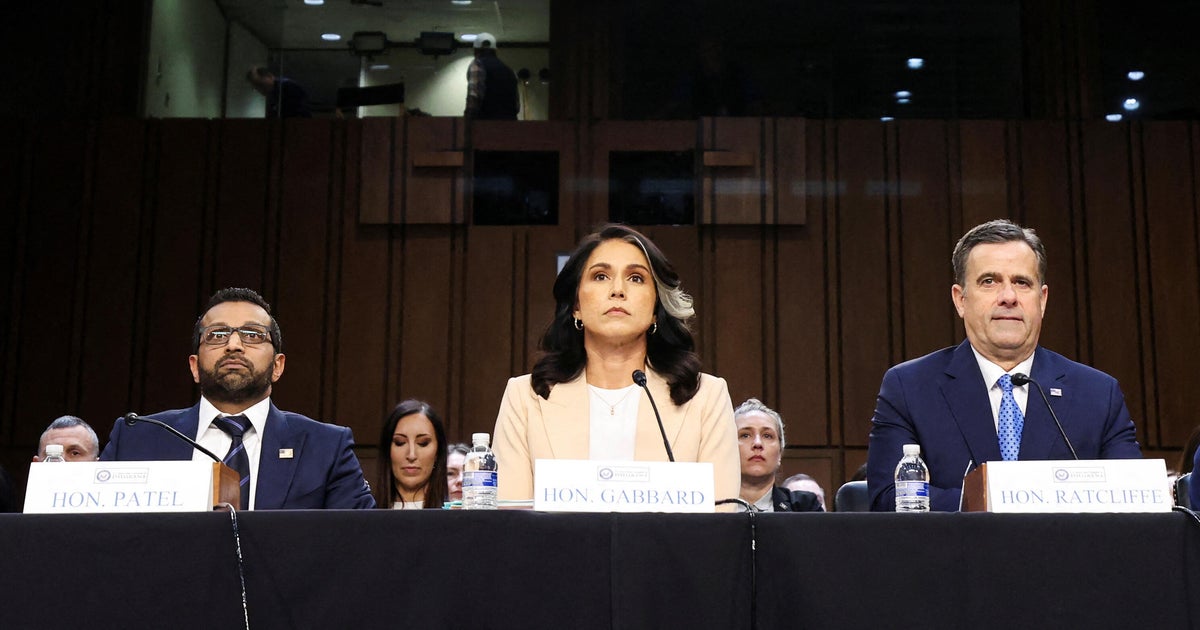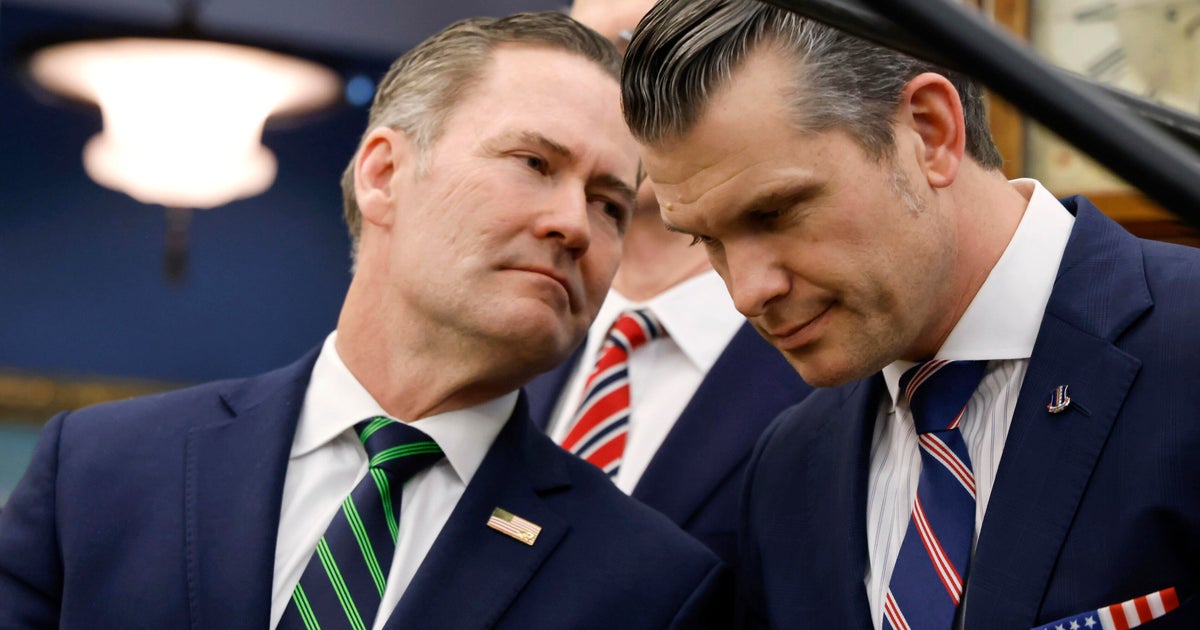Pompeo says any U.S. response to Iran will comply with international law
Washington — Secretary of State Mike Pompeo said Tuesday the United States would comply with all international laws after President Trump continued to double down on his threat to target Iranian cultural sites if Tehran retaliates for the killing of top Iranian Iranian military commander Qassem Soleimani.
Speaking to reporters at State Department headquarters, Pompeo was asked several times about Mr. Trump's threat, which legal experts have said would be a violation of international law.
"Every target that's being reviewed, every effort that's being made will always be conducted inside the international laws of war," Pompeo said.
The president ordered a drone strike that killed Soleimani, the head of Iran's elite Quds Force, in Baghdad last week. Iran has threatened to retaliate for the strike, leading Mr. Trump to warn the U.S. would target 52 sites in Iran, including some important to "the Iranian culture," if it does.
Pompeo claimed the president "didn't say he'd go after a cultural site." But Mr. Trump told reporters Sunday aboard Air Force One, "They're allowed to kill our people. They're allowed to torture and maim our people. they're allowed to use roadside bombs and blow up our people. And we're not allowed to touch their cultural site? It doesn't work that way."
The president's threat puts him at odds with other top administration officials, including Defense Secretary Mark Esper, who told reporters at the Pentagon on Monday the U.S "will follow the laws of armed conflict."
Mr. Trump said Soleimani "was plotting imminent and sinister attacks on American diplomats and military personnel" before he was killed. Any details about such threats remain unclear. On "Face the Nation" Sunday, Pompeo said the administration would "do our best" to share the information that justified the strike with the American people.
Pompeo, along with Esper, Chairman of the Joint Chiefs of Staff Mark Milley and CIA Director Gina Haspel, will provide a briefing on the attack to the House and Senate on Wednesday.
With the U.S. and Iran continuing to trade threats, more than 3,000 U.S. troops were headed to the Middle East on Monday to boost defenses in case Tehran retaliates for the targeted killing of Soleimani.
The White House and administration officials have continued to defend the decision to attack him, saying he is a "terrorist" who is responsible for the deaths of hundreds of Americans.
"It was the right decision. We got it right," Pompeo said in Tuesday's briefing, noting that the "imminence" of the threat to American lives can be demonstrated through Soleimani's actions in the days leading up to his death.
The secretary of state also pushed back on claims by Iran's foreign minister, Javad Zarif, that Soleimani was in Baghdad for a diplomatic visit.
"Zarif is a propagandist of the first order," he said, adding that the comment was "fundamentally false" and a piece of "Iranian propaganda."
Zarif was set to travel to the U.S. to speak at the United Nations in New York this week, but said he was denied a visa. He told CBS News in an interview that Pompeo said the U.S. didn't have enough time to review his request for a visa. Pompeo declined to discuss the visa dispute in Tuesday's briefing.



